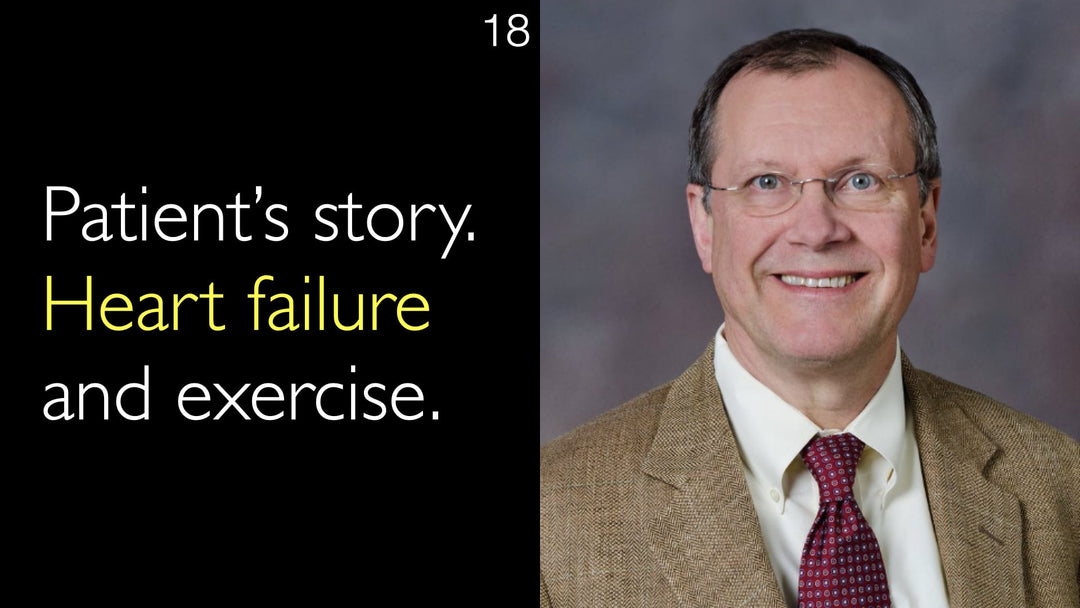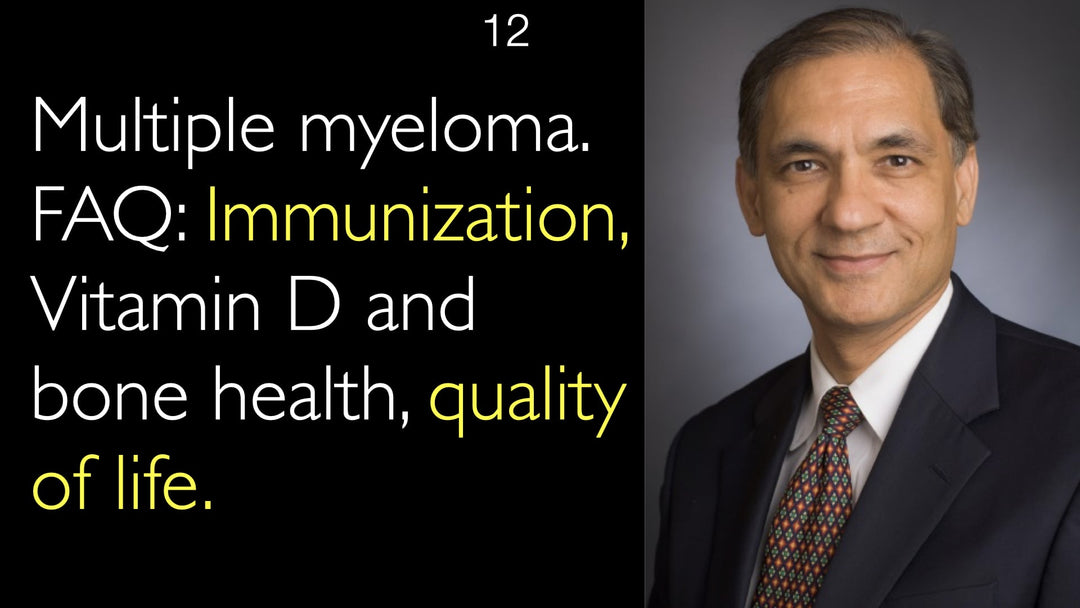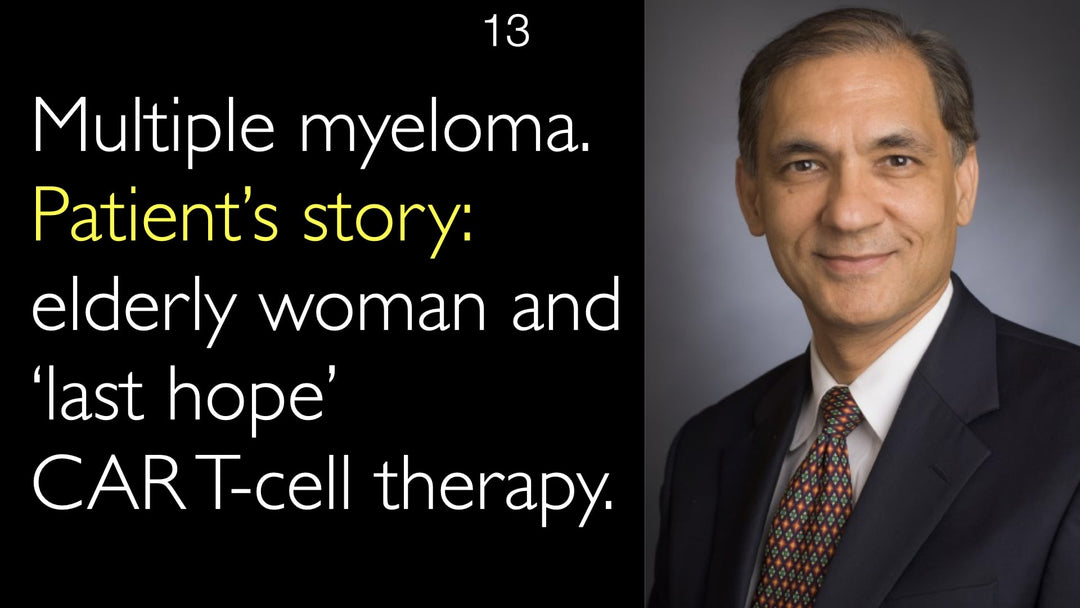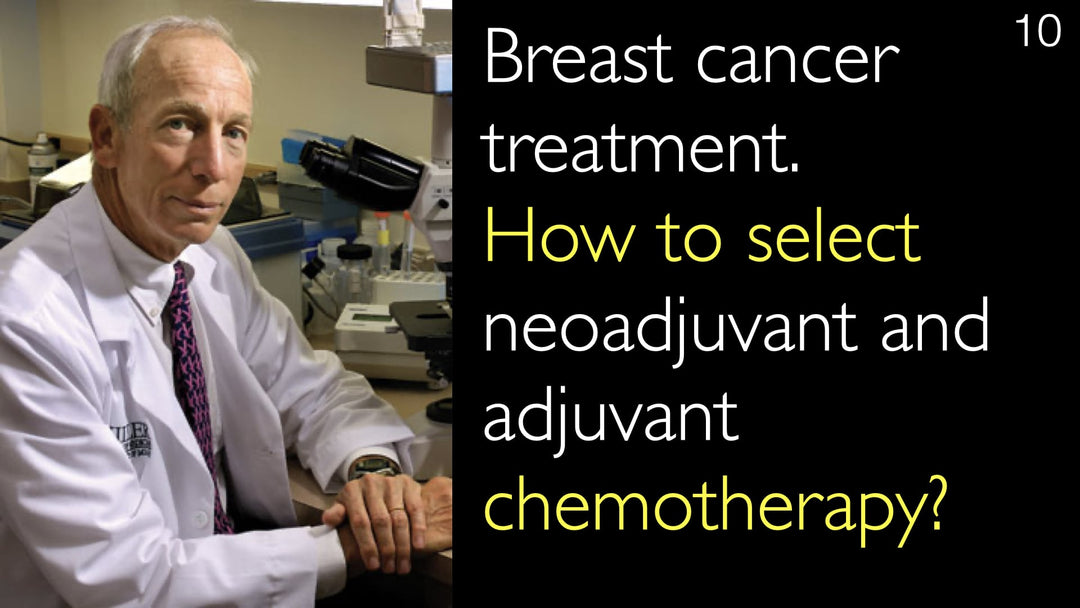Leading expert in heart failure and cardio-renal medicine, Dr. David Ellison, MD, explains how patients can improve their health outcomes. He emphasizes the critical importance of asking about physical activity limitations. Dr. Ellison shares a powerful patient story where treating gout enabled a heart failure patient to walk again. He advises patients to discuss all health issues with their doctors, even those that seem unrelated.
Improving Heart Failure Outcomes Through Patient Communication and Exercise
Jump To Section
- Importance of Patient Questions
- Exercise for Heart Failure Patients
- Cardio-Renal Clinic Case Study
- Gout Treatment Impact on Mobility
- Disclosing All Symptoms to Doctors
- Family Involvement in Patient Care
- Full Transcript
Importance of Patient Questions in Heart Failure Management
Dr. David Ellison, MD, highlights a crucial question patients often overlook. He explains that patients should actively ask how they can participate in maintaining their health. This proactive approach is vital for all medical conditions, especially heart failure. Dr. David Ellison, MD, emphasizes that patient engagement directly impacts treatment success and quality of life.
Exercise for Heart Failure Patients Despite Limitations
Physical activity remains essential for heart failure patients. Dr. David Ellison, MD, wishes more patients would ask about safe exercise options. He notes that many patients assume their heart condition prevents all activity. However, appropriate movement can significantly improve cardiovascular health and overall wellbeing. Dr. Anton Titov, MD facilitates this important discussion about exercise limitations.
Cardio-Renal Clinic Case Study Reveals Hidden Barriers
Dr. David Ellison, MD, shares a revealing case from his cardio-renal clinic. He encountered a patient with severe cardiovascular disease and heart failure. The patient appeared to have limited mobility due to cardiac issues. During consultation with Dr. Anton Titov, MD, the discussion uncovered that the patient's primary limitation wasn't heart-related. This case demonstrates how underlying conditions can mask as primary disease symptoms.
Gout Treatment Dramatically Improves Mobility
The critical breakthrough came when the patient's family mentioned severe gout. Dr. David Ellison, MD, discovered the patient's toe pain prevented walking, not heart failure. Treating the gout condition became the immediate priority. This intervention enabled the patient to become ambulatory again. The case shows how addressing comorbid conditions can unlock significant functional improvement.
Disclosing All Symptoms to Healthcare Providers
Dr. David Ellison, MD, emphasizes the importance of complete symptom disclosure. Patients should discuss all health problems, even those seemingly unrelated to their primary condition. Many conditions like gout, arthritis, or peripheral neuropathy can limit mobility and exercise capacity. Full transparency allows doctors to develop comprehensive treatment plans that address all limiting factors.
Family Involvement Enhances Patient Care Quality
Family members often provide crucial medical information patients overlook. Dr. David Ellison, MD, notes that the patient's family revealed the gout condition that the patient hadn't mentioned. This collaborative approach between patients, families, and doctors leads to better health outcomes. Dr. Anton Titov, MD's interviewing approach helps uncover these valuable insights during medical discussions.
Full Transcript
Dr. Anton Titov, MD: Is there a question that patients should ask, but they really don't? Are there any particular examples you could think of that they should really ask, but often don't?
What most people would say that they should ask is not really a question, but how can I be involved in keeping myself healthy? I think that is an important component no matter what you have. We haven't talked about exercise, but having patients ask you how they can be active despite their limitations is, I think, one thing that I wish they'd ask more, especially the heart failure patients.
One of the first patients I saw for this cardio-renal clinic who were starting, it was very clear that this patient had had severe cardiovascular disease, severe cardiac disease, severe heart failure. But what was clearest when I talked with his family is that what he was really suffering from was the inability to engage in daily life, and that it wasn't clear that he wasn't able to get up and walk across the room except for one thing.
And that's that he was here to talk about heart failure, but he didn't tell me that he had terrible gout. Once I found out that it was actually his toe that was limiting his ability to get up and walk around, then I could deal with that. We could treat the gout.
I think that by treating the gout in that case, we enabled him to do the most important thing for his health, which was be able to be more ambulatory, to walk around, to get out of the house a little bit.
Dr. David Ellison, MD: And so I guess I think the other question I wish they would ask me or tell me about is, what other problems have you not told me? What's going on in your life that you haven't discussed with me, because that actually may have a big effect on the problem we're thinking about.
So I think that's a good example of where I didn't hear about something until the very end. And then it just came up, not because the patient brought it up, but the patient's family said, oh, he can't walk because of his gout. Then we were able to address the gout problem, and that enabled him to begin to be more ambulatory and to do more rehabilitation.







